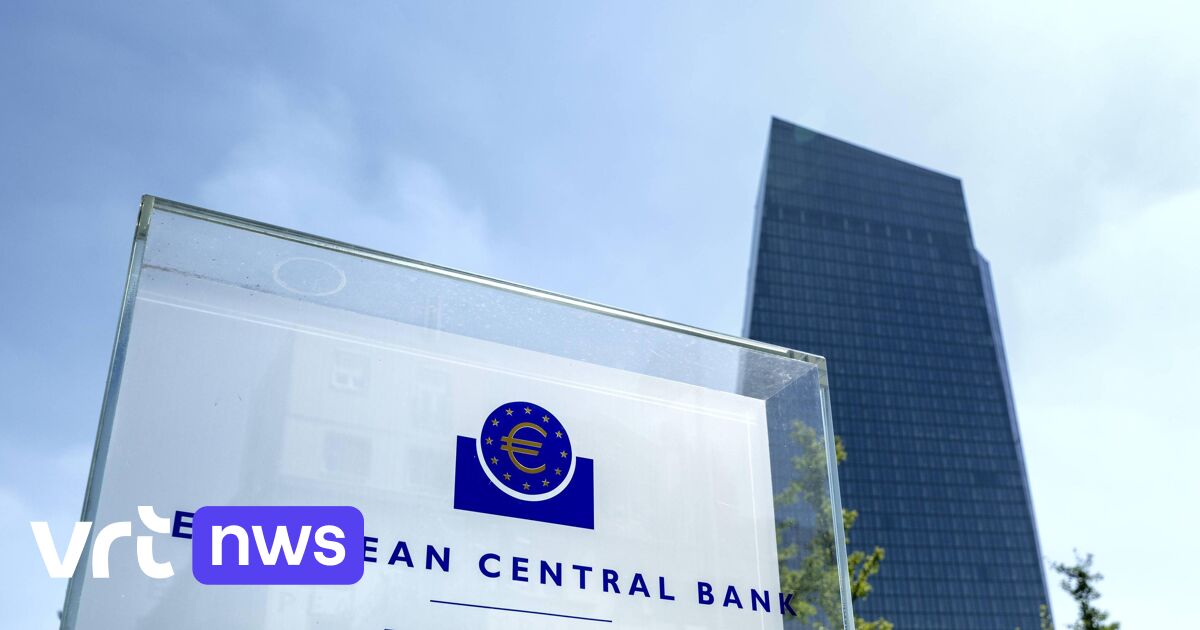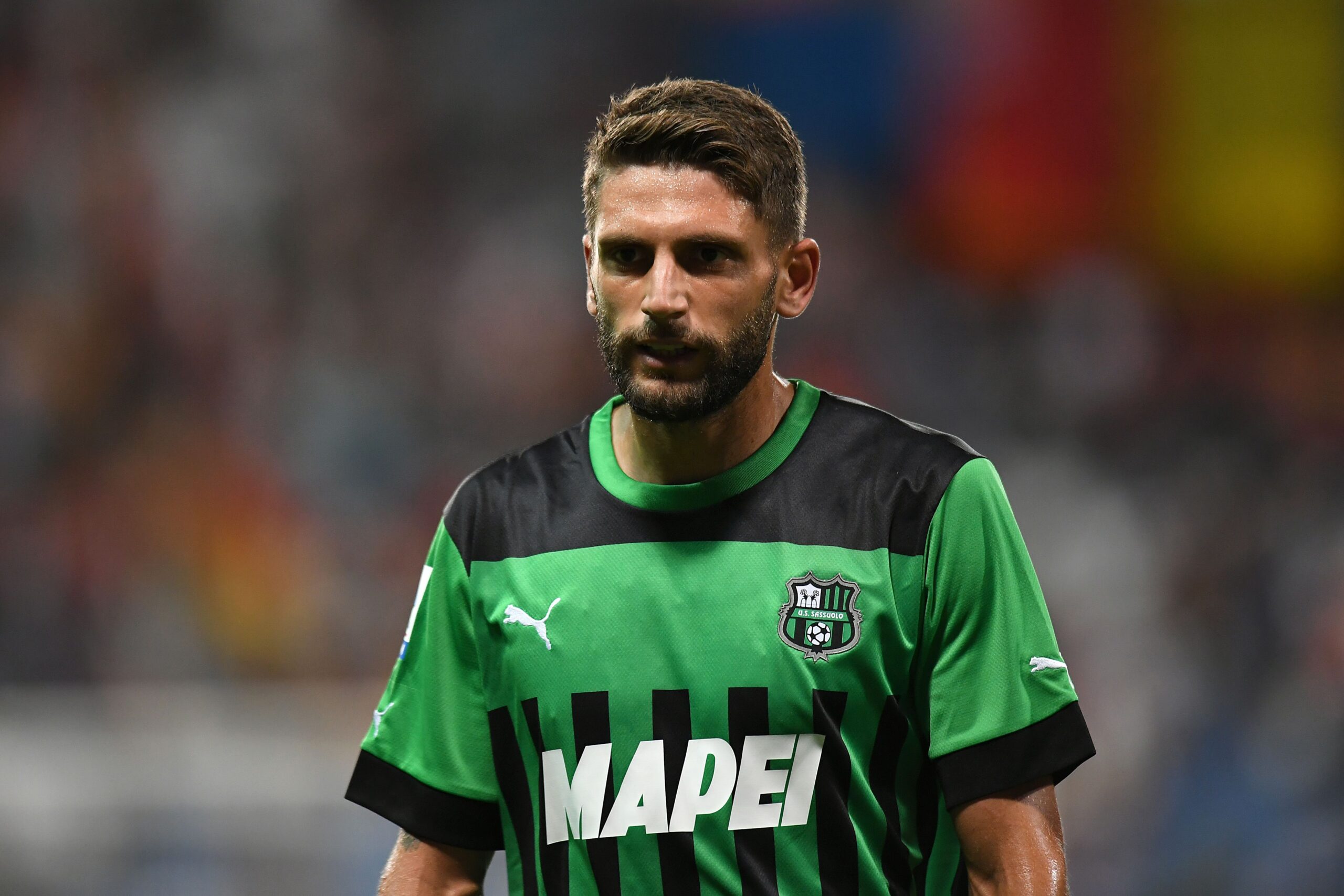The rise in interest rates has a lot to do with the Russian invasion of Ukraine. Problems with the supply of Russian gas have led to a dramatic increase in energy prices. The result: rising consumer prices in general and rising inflation.
As interest rates rise, borrowing becomes more expensive, making people and businesses less likely to borrow money. Higher interest rates cause people to save more and consume less and make it more expensive for businesses to borrow and invest. As a result, the economy will slow down and inflation may fall slightly and prices may fall again. According to analysts, it could easily take a year for interest rate hikes to have an effect on inflation. The other side of the coin is that the possibility of a recession, a period of economic downturn, is increasing.
The ECB is raising the short-term interest rate, the rate at which banks can deposit short-term money with the central bank. Whether interest rates on savings accounts will rise remains to be seen. This decision rests with the various banks. Some small banks have already raised interest rates slightly, but so far no movement has been detected in major banks.


